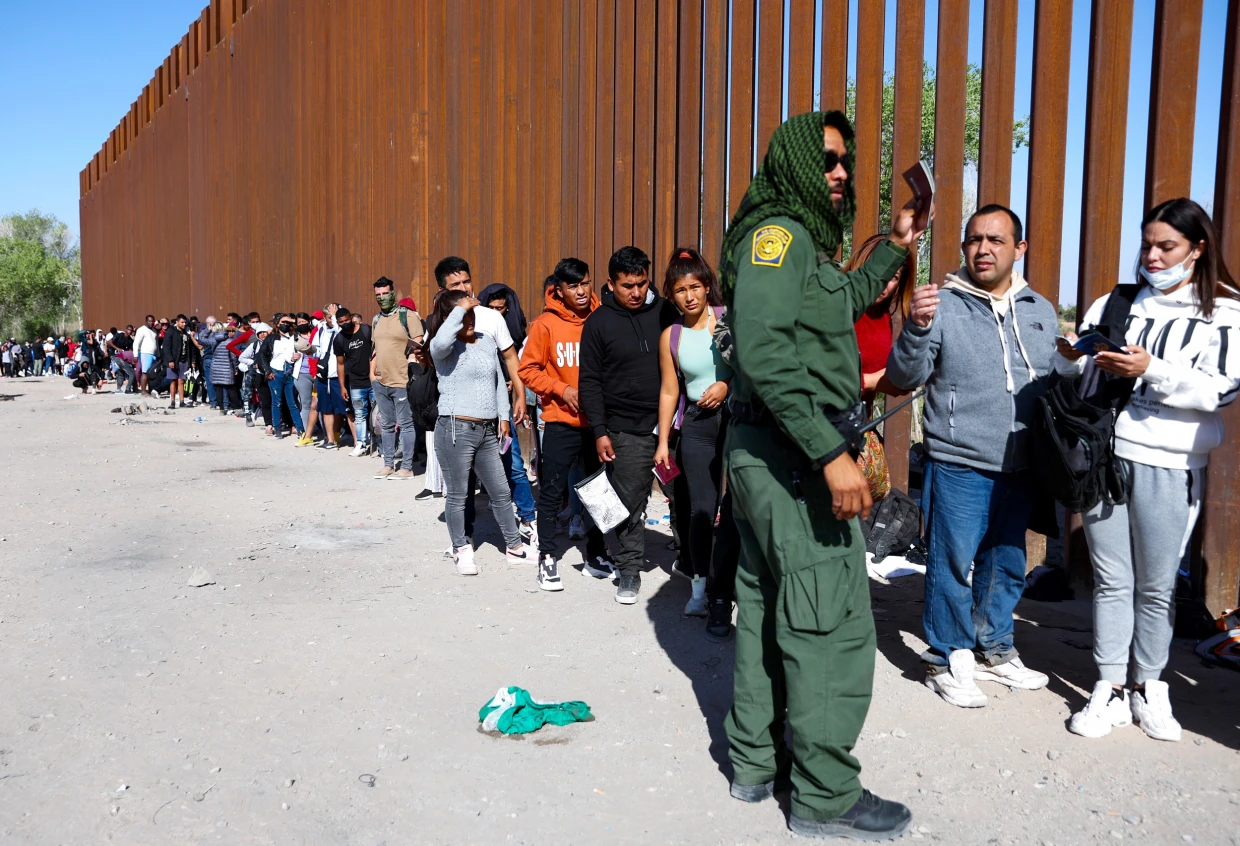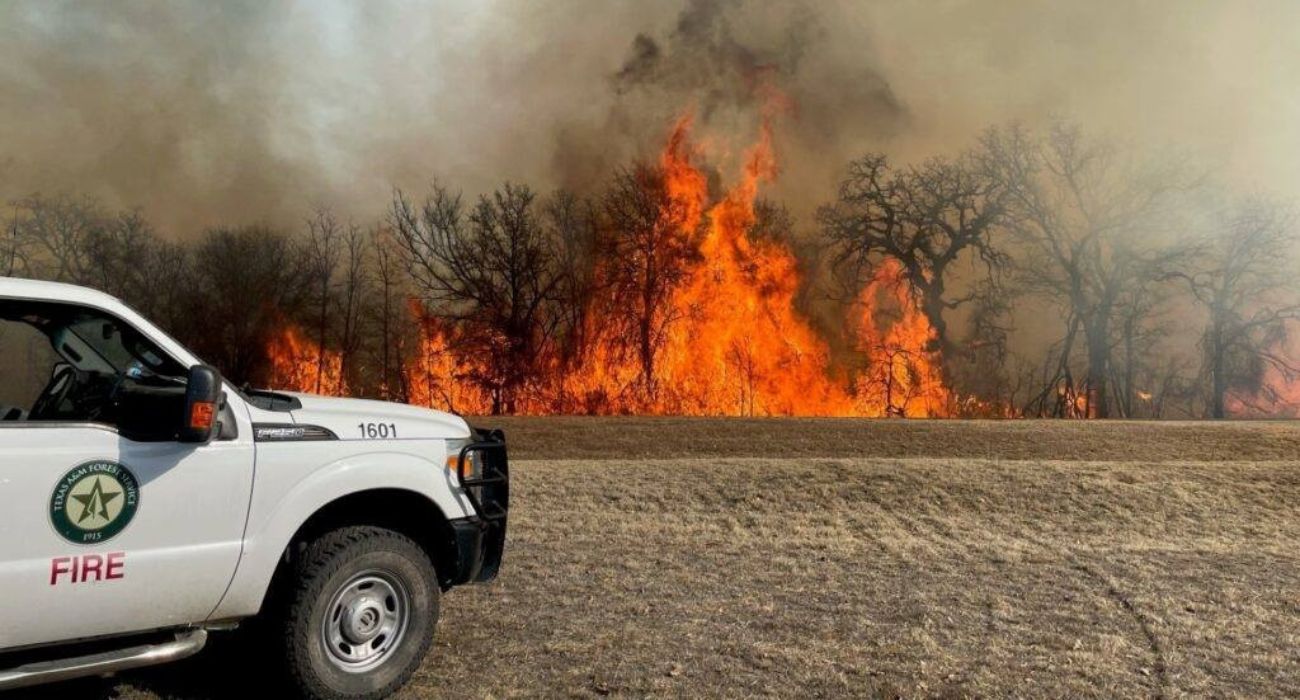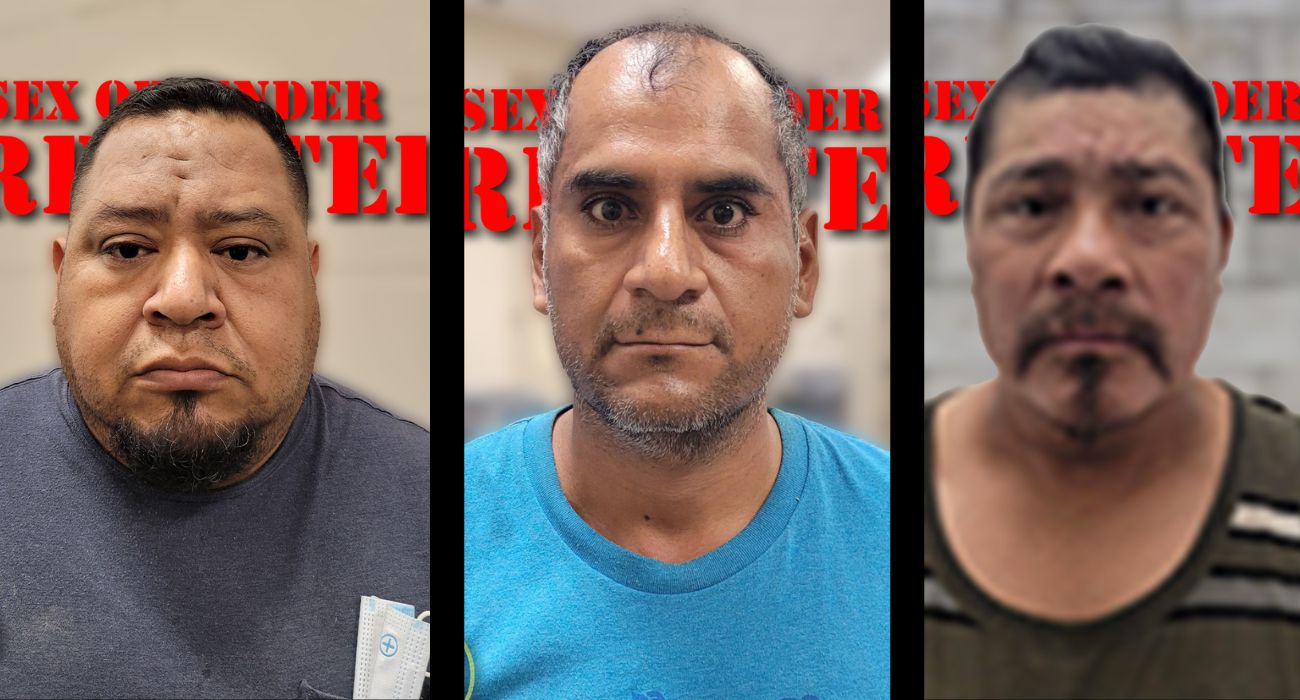A recent surge of primarily Venezuelan migrants is overwhelming Border Patrol and shelters in El Paso. Large numbers of Venezuelans have come to the U.S. in recent years due to poverty, violence, and shortages of medicine and food in their home country.
Border Patrol agents have reported 1,300 encounters at the border per day in El Paso since September 1, up from May’s high of 1,000, according to U.S. Customs and Border Protection (CBP) data.
Hundreds whom Border Patrol has not yet processed have gathered in an El Paso neighborhood called Chihuahita as they await processing. During processing, border agents do biometric screenings on those requesting entry prior to their release but hold those who may threaten public safety.
Nearly 1,000 processed migrants have been released near El Paso bus stations over the past week in what are commonly known as “street releases” and what Border Patrol calls “provisional releases.”
“Generally, after processing, migrants who are not detained for the duration of their removal proceeding are provisionally released in coordination with NGOs [non-governmental organizations]. If NGOs are over capacity, U.S. Border Patrol coordinates with local government and cities to identify locations where migrants can conveniently access transportation services or accommodations,” Valeria Morales, a spokesperson for the Border Patrol in El Paso, told NBC News.
Most Venezuelans arriving in El Paso do not have a sponsor or enough money to buy a bus or plane ticket to their final destination.
Shelters in El Paso have either run out of space or do not have enough volunteers to take in more processed migrants. As a result, the processed migrants dropped off by Border Patrol have created makeshift camps across the street from the Greyhound bus station in downtown El Paso.
The city has a processing center meant to temporarily hold people coming in until they can be released with court dates, but Morales said it is already at double capacity.
El Paso County is working on building another processing center, but County Judge Ricardo Samaniego told local news outlet KVIA that there is no solution.
“I mean, there really isn’t, because no matter how much you process, where are they going, and who is going to be taking care of them?” Samaniego remarked.
Samaniego said most of the processed Venezuelan migrants want to go to New York City. The city has chartered multiple buses recently to New York City, but the county judge explained that might not be a viable destination for much longer.
Samaniego explained that a representative from the mayor’s office in New York City told him “They cannot continue to take what we send them.”
Judge Samaniego added that El Paso needs help from the federal government and the state.
“It’s a federal challenge and it’s on the shoulders of local government. It doesn’t make sense, and we are at another disadvantage and that is the state is not helping us,” Samaniego said.






